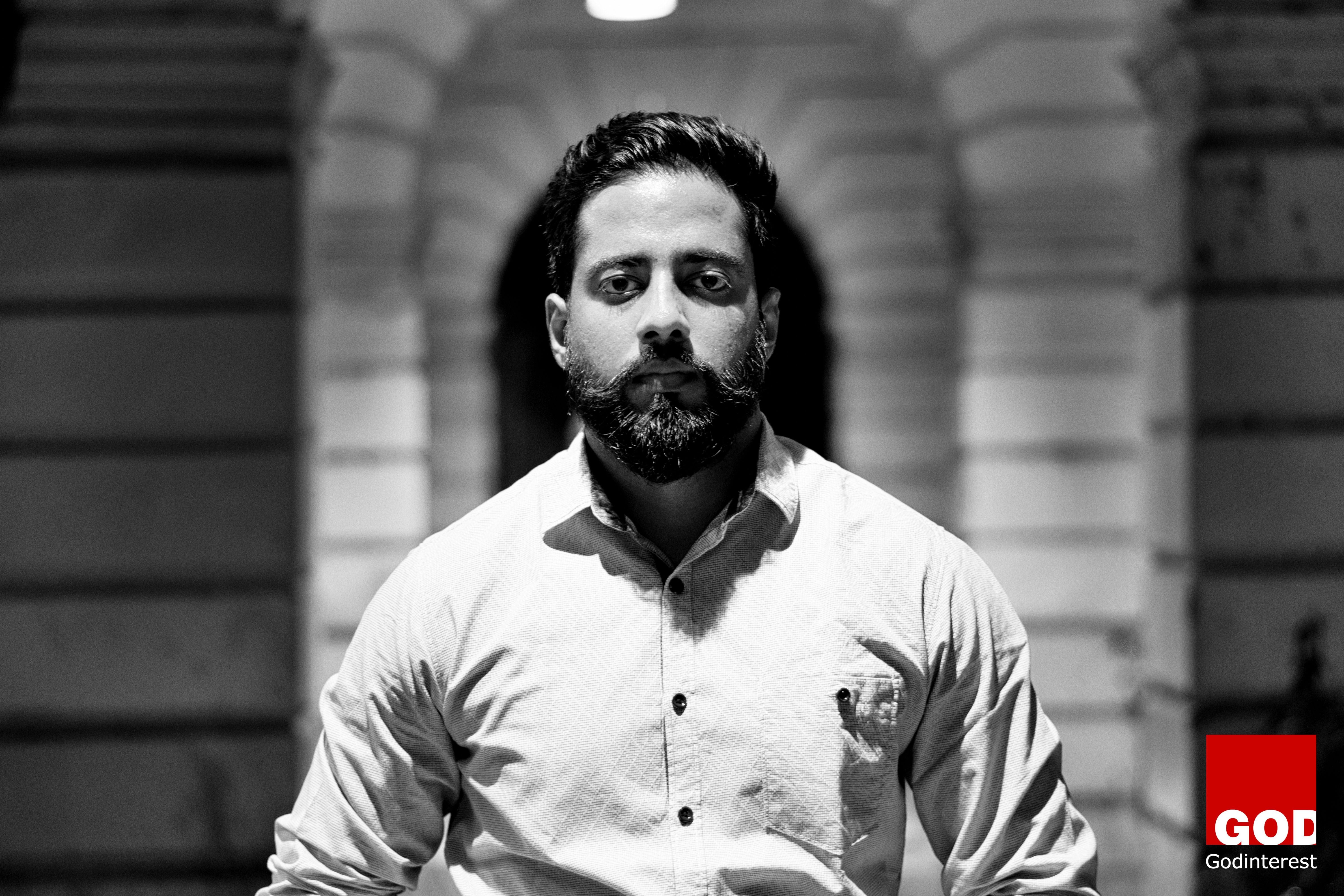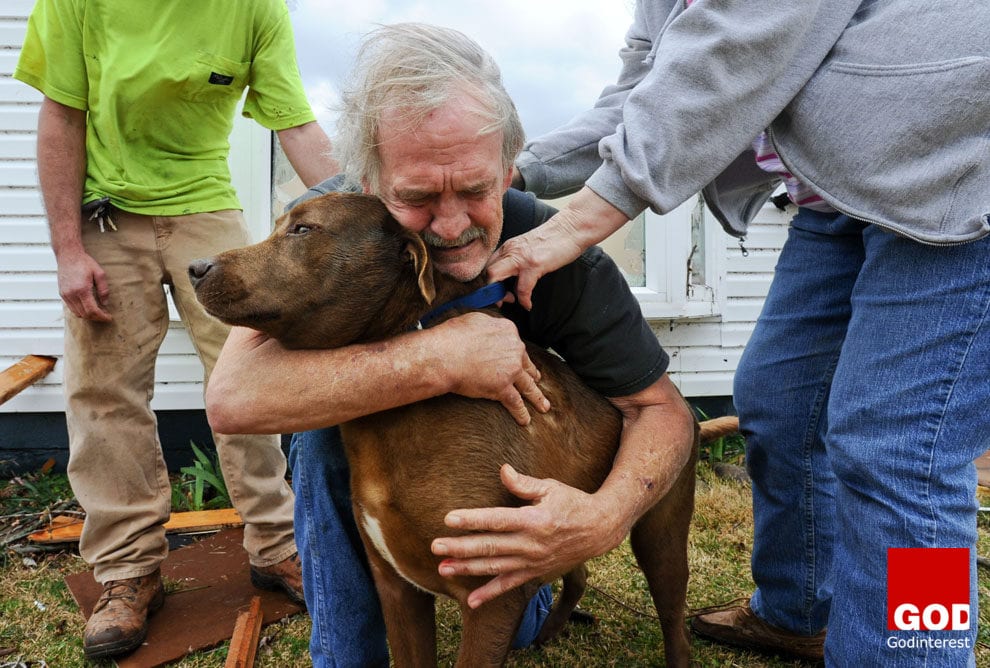“But there will be no gloom for her who was in anguish. In the former time he brought into contempt the land of Zebulun and the land of Naphtali, but in the latter time he has made glorious the way of the sea, the land beyond the Jordan, Galilee of the nations.
The people who walked in darkness have seen a great light;those who dwelt in a land of deep darkness, on them has light shone.You have multiplied the nation; you have increased its joy;they rejoice before you as with joy at the harvest, as they are glad when they divide the spoil.For the yoke of his burden, and the staff for his shoulder, the rod of his oppressor, you have broken as on the day of Midian.For every boot of the tramping warrior in battle tumult and every garment rolled in blood will be burned as fuel for the fire.For to us a child is born, to us a son is given;and the government shall be upon his shoulder, and his name shall be calledWonderful Counselor, Mighty God, Everlasting Father, Prince of Peace.Of the increase of his government and of peace there will be no end,on the throne of David and over his kingdom, to establish it and to uphold itwith justice and with righteousness from this time forth and forevermore.The zeal of the Lord of hosts will do this.”
This birth announcement arrives over 700 years in advance, announcing the good news of Jesus Christ. It tells us who He is…
Wonderful Counselor
These words describe the character of Jesus. The word “wonderful” means “incomprehensible.” In other words, He will cause us to be “in constant wonder and awe.” We see this throughout His life…born of the virgin Mary (Matthew 1:18), supernatural ability to heal, impactful teachings, a sinless life (Rom. 8:3-4), and the power to be raised from the dead (Mark 16). He counseled us to live counter-intuitively to the wisdom of this world…rejoice in suffering and persecution (Rom. 5:3-5), receive a blessing for being poor in spirit (Matt. 5:3), serve rather than be served (Matt. 20:28), and much, much more.
As our counselor, He knows us better than we know ourselves (John 2:25). His ways are always perfect (Ps. 18:30). He attains all knowledge and wisdom, including the nature and character of mankind (Psalm 139:1-2). He understands what we are going through and is available to listen at all times (Psalm 121:2-4). Jesus always has our best interests at heart (Psalm 36:7).
Mighty God
God’s power is unlimited (Job 36:2-4); He can do whatever He wants whenever He wants (Ps. 115:3). He knows no bounds (Job 11:8-18). He is the creator of all things (Neh. 9:6), the King of heaven (Ps. 95:3), the God of all mankind (1 Cor. 11:3). He is the only God (Is. 45:5-12). He is eternal (Gen. 21:33) and everlasting (Hab. 1:12), the Alpha and Omega (Rev. 21:6). He has been and always will be. He is able to do greater things than we can ask or fathom (Eph. 3:20). No one can keep track of all His miracles (Job 9:10). He answers to no one because no one is as Mighty as He (Ps. 50:9-10).
Everlasting Father
The Messiah is the father of time, and His fatherhood will never end (Rev. 1:8). The baby Jesus would be crowned King, the protector and provider of the children of God. He is not limited by age or death. As a father, his love is unconditional (Eph. 2:4-5). As children of God, our identity is secure in Him (John 10:30,38). Nothing can separate us from His love (Rom. 8:35-39). He is the perfect father.
Prince of Peace
Jesus is our Peace. We live in a crazy, chaotic, broken world with messy people every day. This is the world we know now. It is our normal until we encounter Jesus. He gives us peace in the midst of the chaos; revealing we are deeply loved (Eph. 1:16-18), redeeming us from sin (Rom. 5:8, 10), and releasing us to live freely in Him (Phil. 4:6-7).
What name of Jesus speaks most to you today and why?















 #4. Plan for the photo opportunity.
#4. Plan for the photo opportunity. Ida remembers last year: “We have recently added a limited live nativity, to be enjoyed as the congregation leaves. Our angel choir was joined by a few be-winged instrumentalists, as they sang for the Baby Jesus. Many pictures of Mary and the sweet infant were taken, and the donkey was petted by all. Christmas became warmer and quite wonderful, as we included even more people in the worship celebration.
Ida remembers last year: “We have recently added a limited live nativity, to be enjoyed as the congregation leaves. Our angel choir was joined by a few be-winged instrumentalists, as they sang for the Baby Jesus. Many pictures of Mary and the sweet infant were taken, and the donkey was petted by all. Christmas became warmer and quite wonderful, as we included even more people in the worship celebration. 












